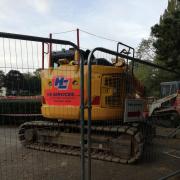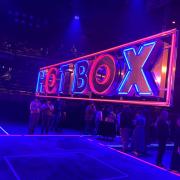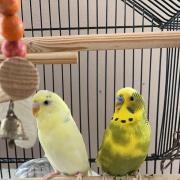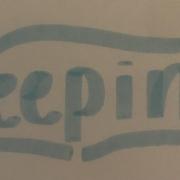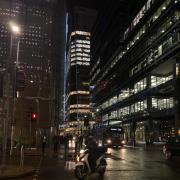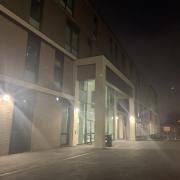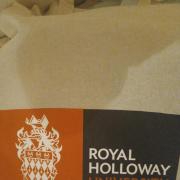
On the 24th of September, 94-year-old David Attenborough joined the social media platform of Instagram, widely known for its usage by teenagers and the younger generation. Almost a month on, we can see just how much he has impacted the online community there.
Timing his arrival on the app with the imminent launch of his new Netflix documentary, ‘A life on our planet’, the account soon became a clear advertisement for this ground-breaking film. The documentary is unlike anything he has ever done – acting as a ‘witness statement’ (as described by Attenborough himself), for the damage inflicted upon the delicate balance of nature over his lifetime.
Released on the 28th of September, the documentary was no doubt a distressing and sobering one to anybody that saw it. The message was clear: time has nearly run out. We either need to change our way of life to live alongside nature or accept the consequences of our actions. The continued pursuit of money, power, and luxury will result in the destruction of the little biodiversity we have left. So, what can we do?
According to a Government report on plastic waste published online this week, ‘over 2 million tonnes of plastic packaging is used in the UK each year’. This plastic is not bio-degradable and is very often single-use. In our local communities, and in the wider South-West regions, questioning the availability of non-packaged items must become a more important discussion.
In Germany, there is an example of this thinking put into action. A store named ‘Original Unverpackt’ (Original unpacked) exists and is completely zero-waste. You enter the shop, weigh your container, fill it from larger containers with the items you want, and then pay based on the weight of that product. It reduces waste (as you only take what you need), and means that the packaging that would normally be thrown into landfill or burned simply doesn’t exist. If all supermarkets adopted this new way of shopping, the way we live as consumers and protectors of our planet’s resources would drastically change.
This new, sustainable way of thinking is the kind of long-term way of life people must begin advocating. And packaging is only one example. Energy usage, petrol cars, effective environmental education in schools; all make a difference.
David Attenborough, at 94, is still fighting for the chance of a better life for generations to come. My generation. So, what is stopping us from demanding this change on a local level? What is stopping you?








